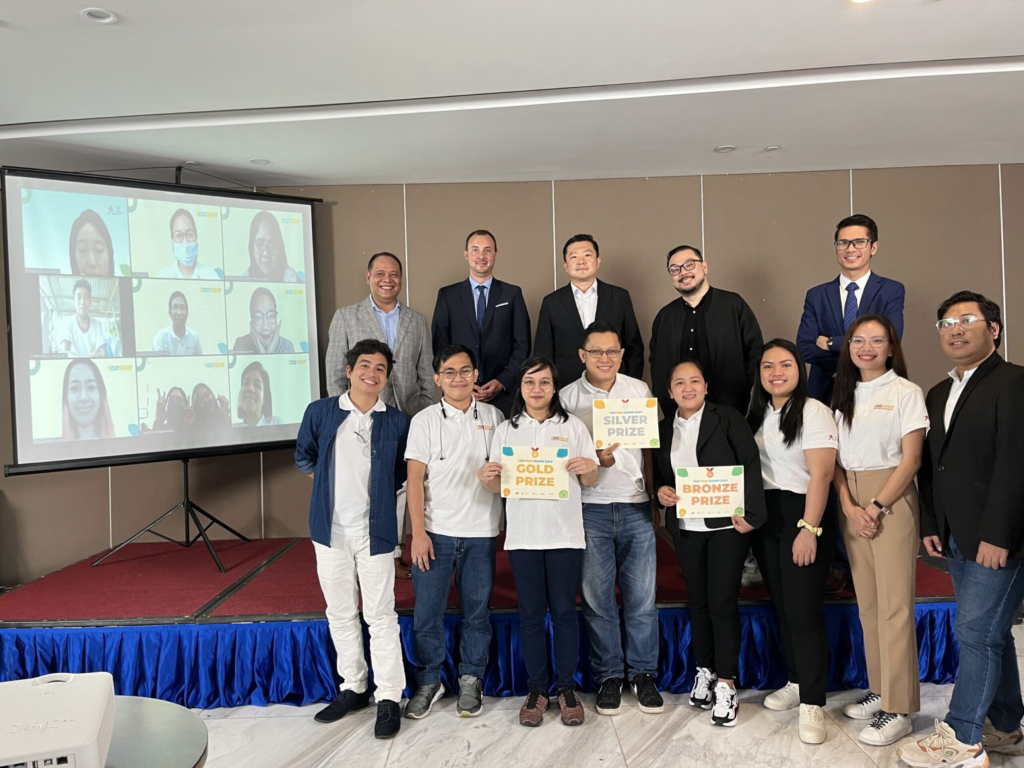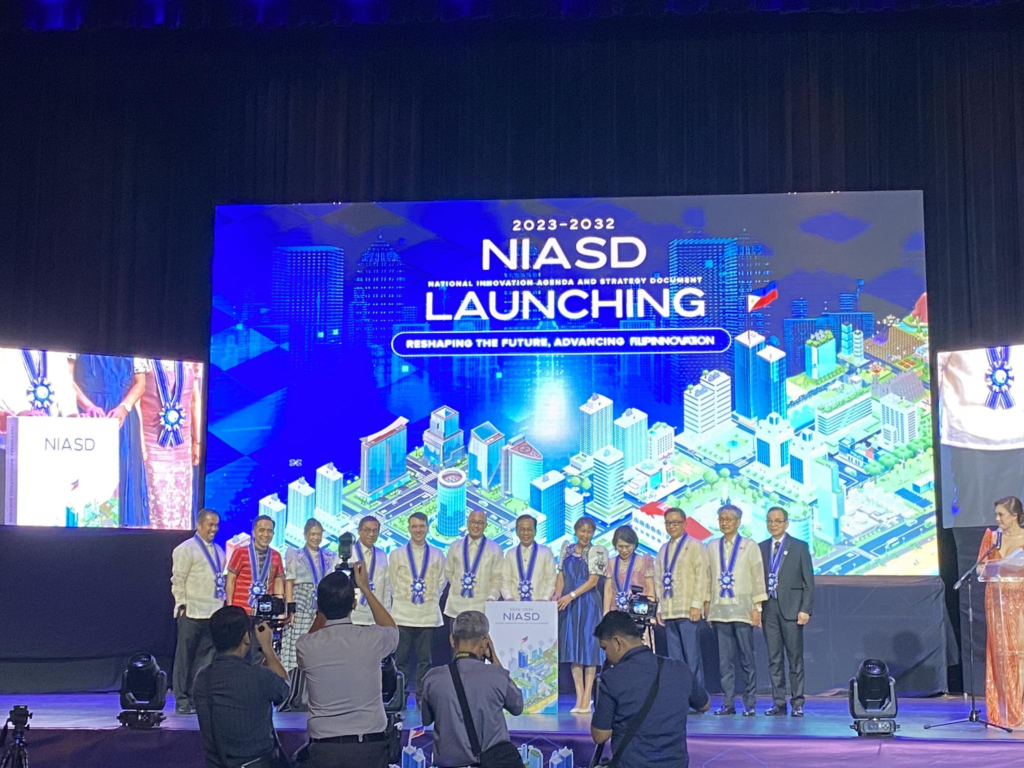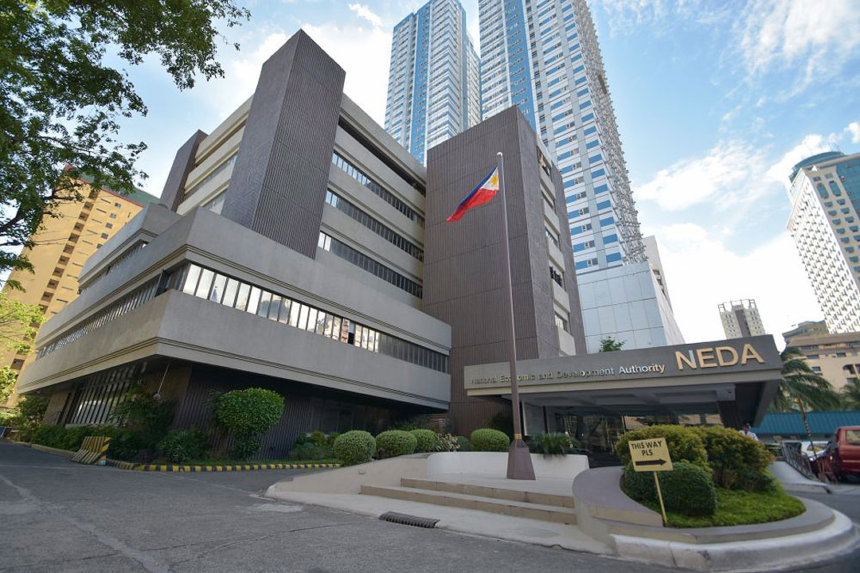NEDA enthusiastically aims to amplify Philippines : Explore NEDA’s strategic vision for amplifying innovation goals in the Philippines. Learn about the key initiatives and groundbreaking plans shaping the nation’s future in technology and creativity.
NEDA enthusiastically aims to amplify Philippines : Introduction
NEDA enthusiastically aims to amplify Philippines : In a significant move towards fostering innovation and driving economic development, the National Economic and Development Authority (NEDA) of the Philippines has unveiled an ambitious plan to substantially increase the number of researchers in the country. NEDA Undersecretary Rosemarie G. Edillon recently announced the institution’s goal to elevate the number of researchers to 500 per million population by 2028, marking a noteworthy leap from the 174 researchers per million population recorded in 2018.
ALSO READ : UIL Excitingly Announces Major District Realignments For Texas High School Sports

Setting high standards for innovation
NEDA enthusiastically aims to amplify Philippines : This strategic initiative aligns with the broader objectives outlined in the National Innovation Agenda and Strategy Document, which envisions elevating the number of researchers to 1,500 per million population and increasing research and development (R&D) expenditure to 1.8% of gross domestic product by 2040. These targets reflect the government’s unwavering commitment to creating an environment that not only encourages innovation but also emphasizes the importance of research in driving sustainable development.

How to create a sturdy knowledge management system
NEDA enthusiastically aims to amplify Philippines : Underpinning this initiative is the government’s dedication to building a robust knowledge management system for research and development, as highlighted by Undersecretary Edillon. The focus extends beyond merely increasing the researcher pool to enhancing the accessibility of R&D outputs to potential investors. This dual approach is expected to foster a culture of innovation and pave the way for the development of a comprehensive knowledge management system, crucial for the effective utilization of R&D results.

The NEDA’s broader innovation strategy revolves around four key pillars: strengthening basic R&D, advancing market-driven R&D, scaling up technology adoption and commercialization, and accelerating innovation and entrepreneurship. By addressing these pillars, the government aims to create a holistic framework that supports innovation at various stages, from fundamental research to market-driven applications.

Collaboration with USAID
In a bid to further bolster these objectives, NEDA is collaborating with the US Agency for International Development (USAID) on the US-Philippines Partnership for Skills, Innovation, and Lifelong Learning (UPSKILL) program. This collaborative initiative, backed by a substantial $30 million in funding from USAID, focuses on enhancing the Philippine higher education system to foster inclusive growth.

The UPSKILL program, slated to run for five years, complements the nation’s broader innovation agenda by placing a strong emphasis on skills development, lifelong learning, and the promotion of innovation. This collaboration not only brings financial support but also leverages international expertise and resources to enrich the Philippine education system, aligning it with global standards and best practices.

As the UPSKILL program unfolds, the Philippines anticipates witnessing a transformative impact on its education landscape, with a direct correlation to the nation’s ability to produce a skilled workforce that is well-equipped for the challenges of a rapidly evolving global economy. The collaboration serves as a testament to the importance of international partnerships in achieving innovation goals and fostering sustainable economic development.

Conclusion
In conclusion, NEDA’s commitment to significantly increasing the number of researchers, coupled with its comprehensive innovation strategy and collaboration with USAID, positions the Philippines on a trajectory towards becoming a regional hub for innovation and research. As the nation strives to achieve its ambitious goals, the collective efforts of the government, researchers, and international partners are crucial in shaping a future where innovation drives inclusive growth and sustainable development.
To explore more news : Click Here
ALSO READ : Marengo CIMS And QAI Collaborate To Establish A Stroke Care Centre Of Excellence In Ahmedabad




































